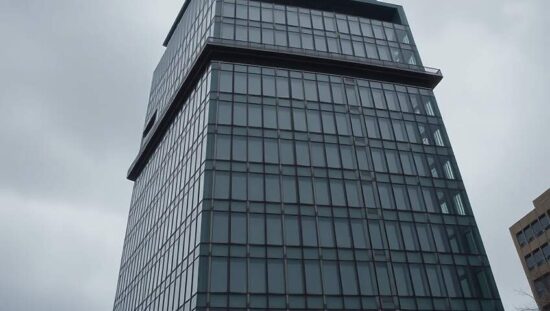German corporations are aggressively accelerating realignment strategies and cost-cutting programs amid persistent recessionary pressures and escalating global trade uncertainties. The financial burden of these restructuring efforts is now significantly impacting corporate balance sheets, noticeably suppressing net profits across the DAX index. A recent analysis by the “Handelsblatt” reveals that DAX companies expended approximately €6 billion on restructuring measures alone in the first few months of this year.
The substantial funds are predominantly channeled into workforce reductions, utilizing measures like early retirement schemes and severance packages frequently exceeding six-figure sums. This trend has sharply intensified since the beginning of 2024, with cumulative restructuring costs for DAX firms now exceeding €16 billion.
Mercedes-Benz leads the way in restructuring expenses this year, having allocated €1.4 billion, followed by Volkswagen with €900 million. Siemens and Commerzbank have each recorded restructuring costs of roughly €500 million, while Bayer’s expenditures totaled around €400 million.
The scale of these write-offs raises critical questions regarding the long-term stability of the German economy and the social impact of these corporate decisions. While proponents argue that these measures are necessary to maintain competitiveness in a volatile global market, critics contend that they represent a short-sighted approach, potentially undermining consumer confidence and exacerbating existing unemployment challenges. The reliance on early retirement packages, while minimizing immediate layoffs, also raises concerns about the loss of valuable institutional knowledge and the long-term consequences for the pension system.
Furthermore, the concentrated nature of these restructuring costs within a limited number of flagship DAX companies highlights a systemic vulnerability within the German industrial landscape. The reliance on automotive and engineering sectors, historically pillars of the economy, now appears increasingly precarious, potentially requiring a broader reassessment of economic diversification strategies and government support mechanisms. Analysts are closely scrutinizing whether these corporate restructurings are genuine responses to market realities or indicative of deeper, more fundamental issues within the German business model.





